Smacked around by schoolyard thugs or the target of spiteful secrets. Whatever form it takes, bullying is horrible for children and heart breaking for their parents. In the sixth episode of Are We There Yet ? Katy Gosset talks to parents and a clinical psychologist about how to beat the bullies.
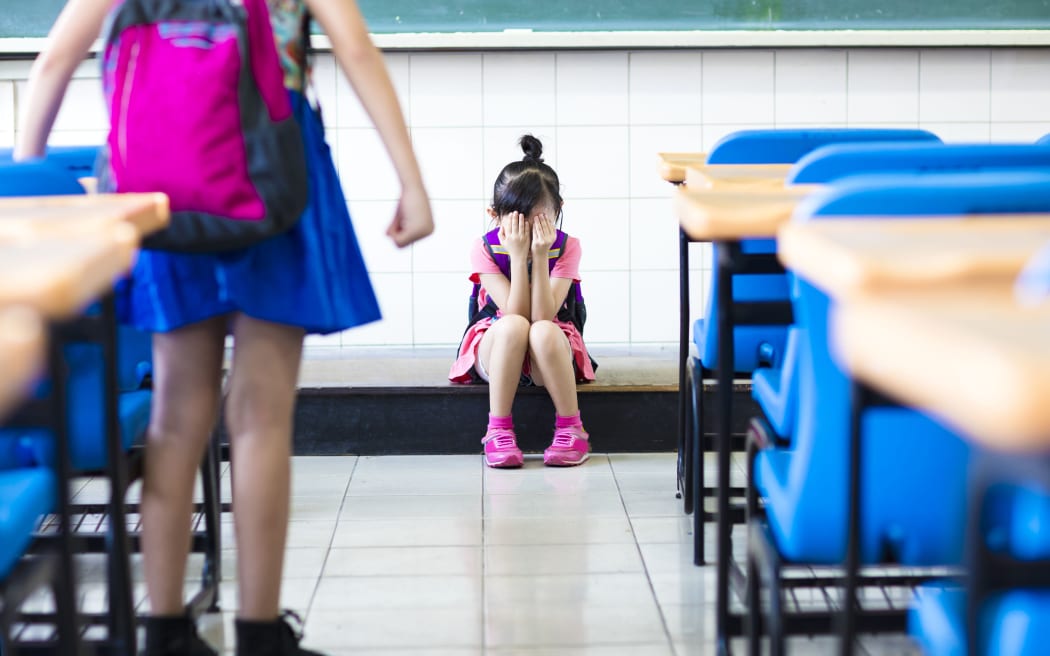
Photo: 123rf
For parents it’s a dirty word.
Worse than swearing.
When they hear “bully” it’s hard not to react.
“It’s heart breaking to see your child going through this. It’s hard to [know] what it is about her that made people feel they could do that to her.” Mother of three
“Her entire school life was, dare I say it, really bitchy girls who just wanted to bring her down.” Mother of two
And bullying comes in many guises.
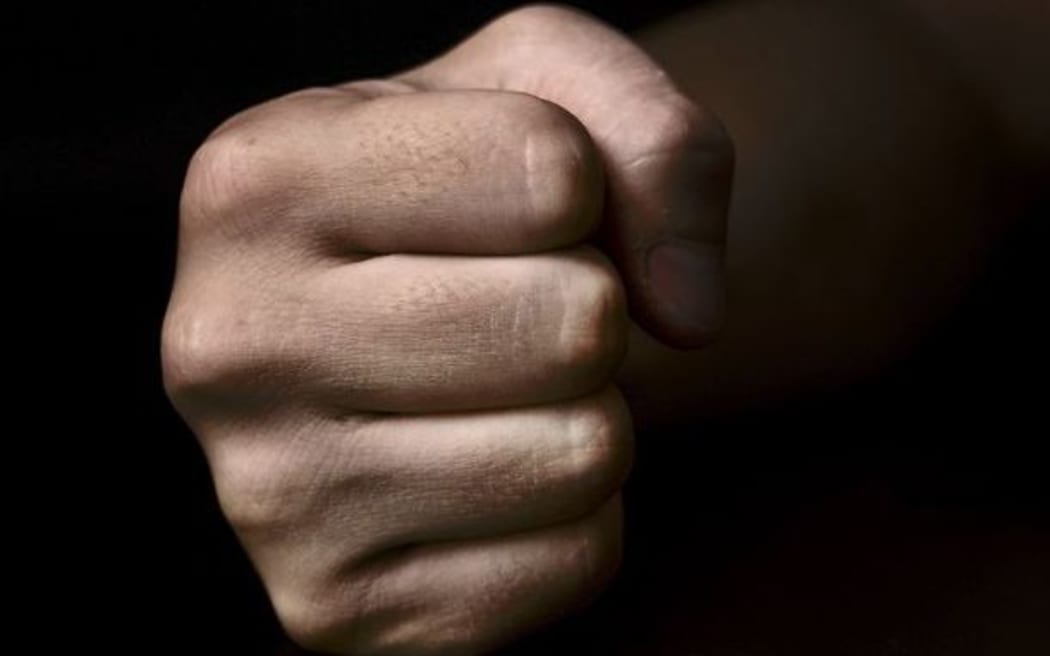
Photo: 123 RF
Many may be visualising a physical encounter: the school yard stand over tactics.
And yes, that still happens, as one mother found when her son was targeted by “the classic threesome group of bullies”
“You get the lead who definitely sets the pace and then you get the followers that do it because their mate's cool and he's doing it so it must be cool.”
These bullies targeted everyone in their year group until her son stood up to them and became their sole focus.
“It [] all came to a bit of a head when he was beaten up in class before the teacher got there. Luckily some kid who wasn’t supposed to have their phone on videoed it [] so they had video evidence”
But then there’s the nasty, insidious sort of bullying, often done by girls, that amounts to being left out of the gang.
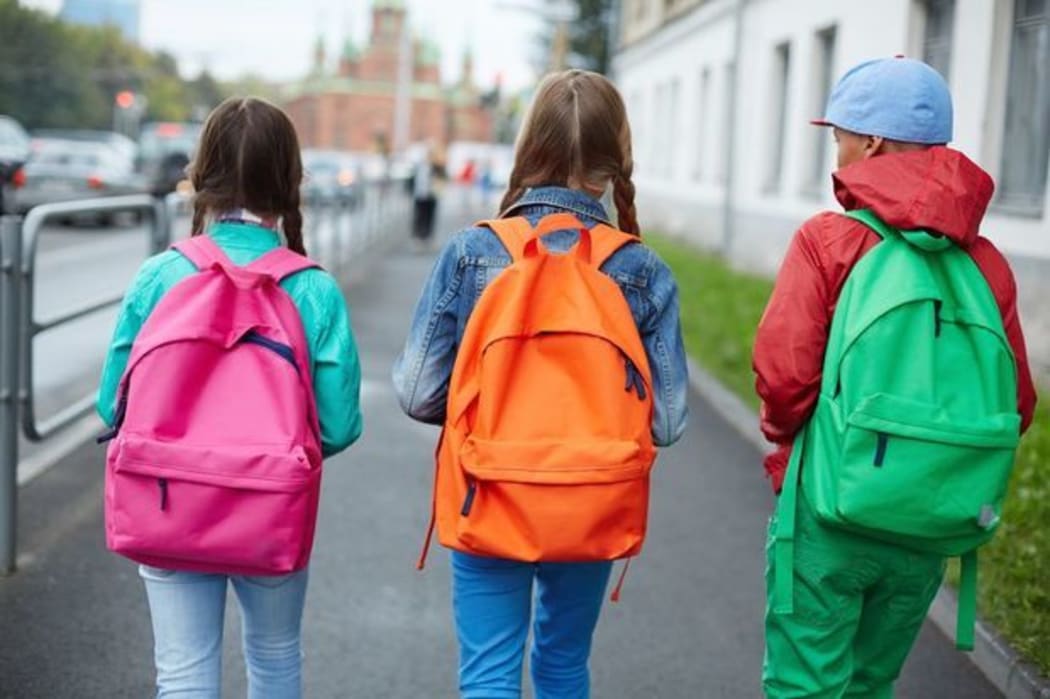
Photo: 123RF
“I remember this - I hate the word "popular" - group, but she was always so desperate to be part of that group which just used to enrage me."
"Being accepted by them was huge to her."
And this mother said her daughter’s desire to fit in made her vulnerable.
“She was like a beacon for those other kids. They could just sense a weakness.”
She said the girls bullied her daughter by excluding her from social activities and talking about the events later and, in one case, boycotting her 14th birthday party sleepover.
He daughter was excited about having the "popular" group come over but two days before the party they all contacted her to say they couldn't come.
“It was a very manipulative, bitchy, degrading, consistent bullying where it was just constant."
"So it was a very lonely experience for her."
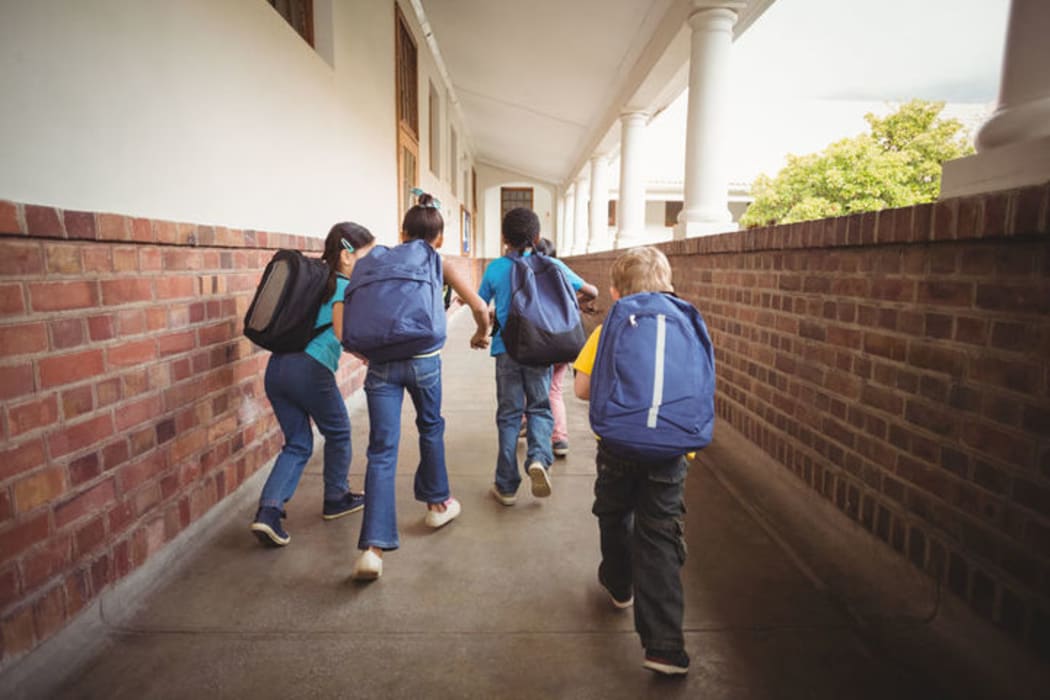
Photo: 123RF
So How Can Children and Their Parents Beat the Bullies ?
Catherine Gallagher, a clinical psychologist and mother agreed it could be “intolerable” for parents to hear their child had been excluded.
“We want our children to have a positive experience of school and to be socially accepted and to be happy.”
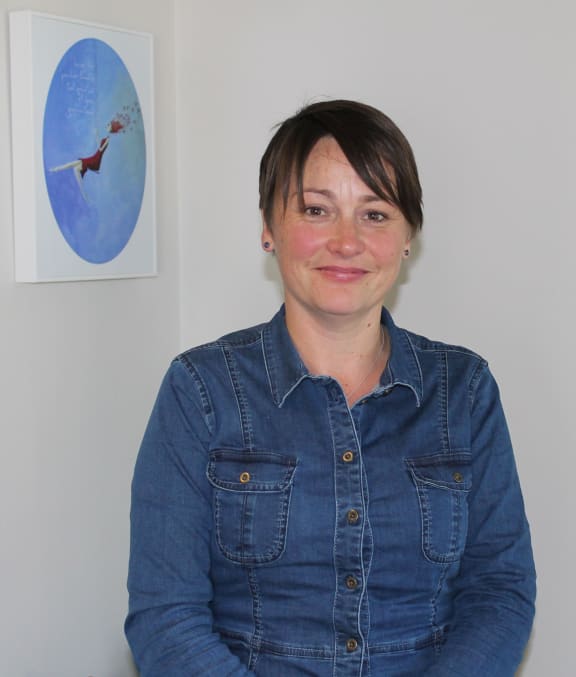
Catherine Gallagher Photo: RNZ / Katy Gosset
But she warned that children would face a variety of difficult social interactions and families must establish exactly what type of bullying was happening and what solution was warranted.
"Some of it borders on [] abuse and I would never say that a child has to tolerate that and that absolutely has to be stamped out."
Ms Gallagher said, where physical or emotional harm was involved, parents must get the school involved and keep pushing until the bullying was taken seriously.
But she said other scenarios, such as unpleasant comments or not being picked for a game might require a different approach.
"Now Mum could come in on the white stallion and say "Stop being mean to my baby" but actually that's not how life works sometimes. "Sometimes we've got to make decisions about our own safety."
While it was tempting for parents to intervene, she said they had little influence in the playground and it was important for children to cultivate coping strategies
"If we're thinking about bigger life skills, I'd like to be able to say your child's going to go into workplaces where there's no bitchiness. Unfortunately that's not the case."
Ms Gallagher said children had to determine if a bullying experience warranted serious attention or it was simply nastiness from people who were, ultimately, not real friends.
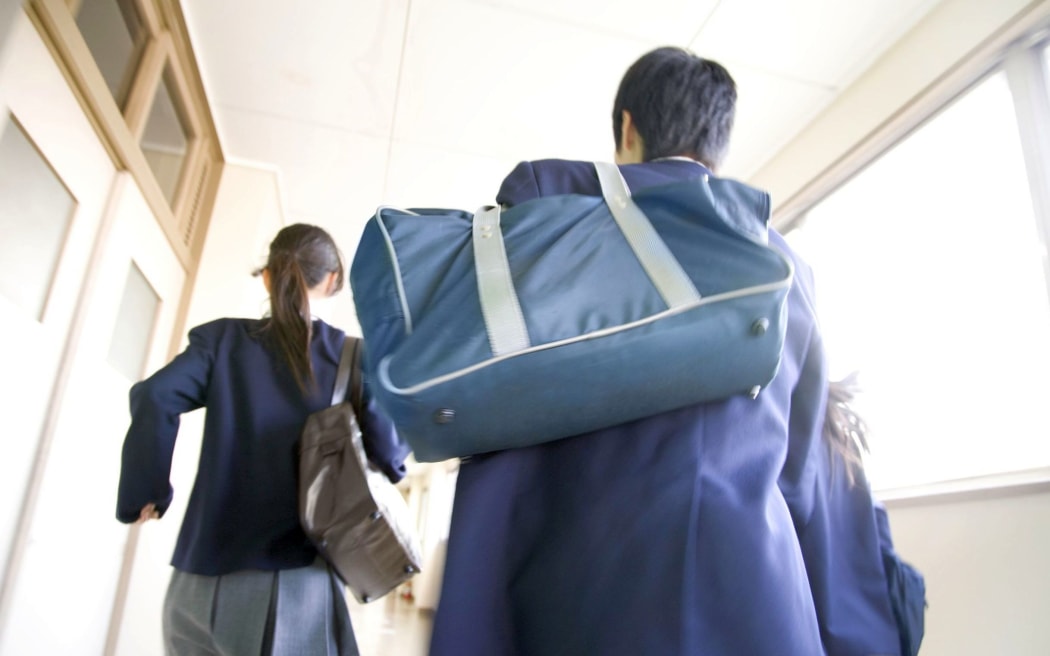
Photo: 123rf
"If I'm around that group of kids and I continually come away and feel miserable, I actually have to make some decisions around that."
Ms Gallagher said suddenly agreeing with aggressors could be one way of wrong footing them, as long as the bullied child didn't go away believing the negative thoughts.
She also encouraged them to explore other friendships and distance themselves from the negative ones, as these were ways children could take the power back and improve the situation for themselves.
"So it's not about handing control over to the bully. It's about "What do you have control over? ""
She warned that the advent of technology meant children could now be easily and anonymously bullied through texts messages, Facebook and other platforms.

"When people get to do things anonymously, they can get really mean."
And she said it was now more important than ever for parents be a part of their children's online world..
"So parents should be their kid's Facebook friends. I"m sorry kids but its true."
However she said in empowering their children to develop coping strategies, it would help them navigate some of the negative experiences which were part of life.
"What you want to try and set them up for is... "Life can be unfair and if it is, what are you going to do about it?"

